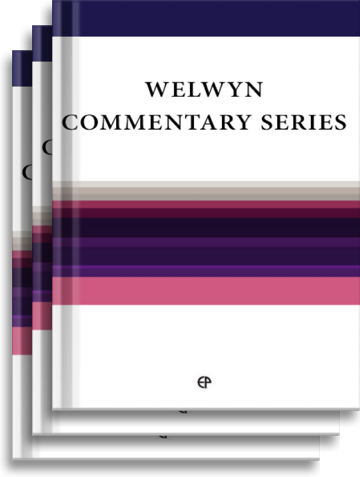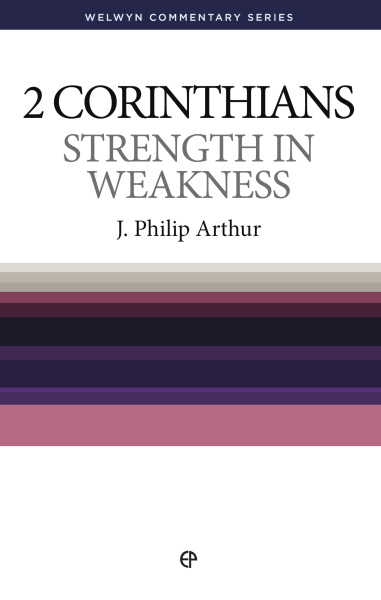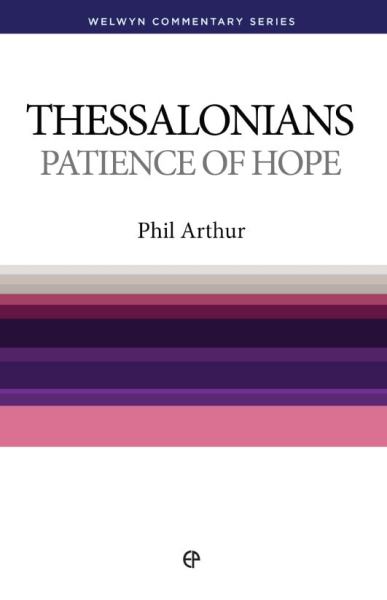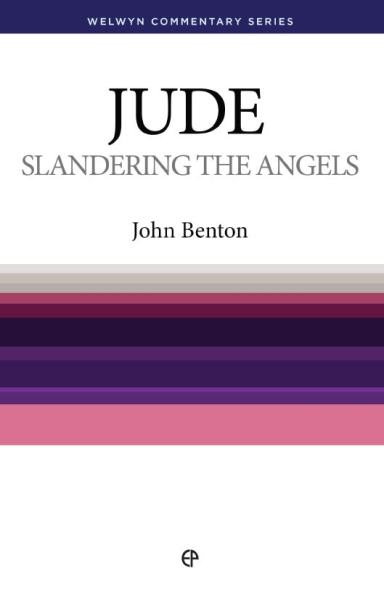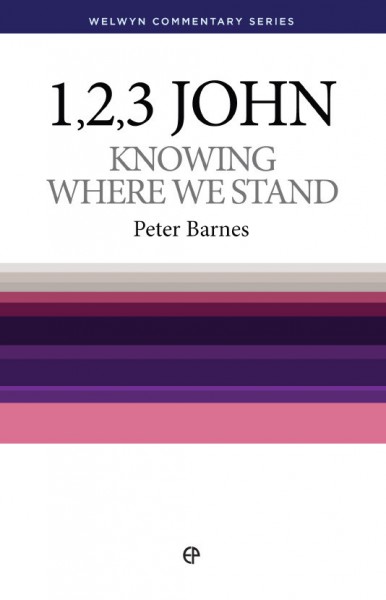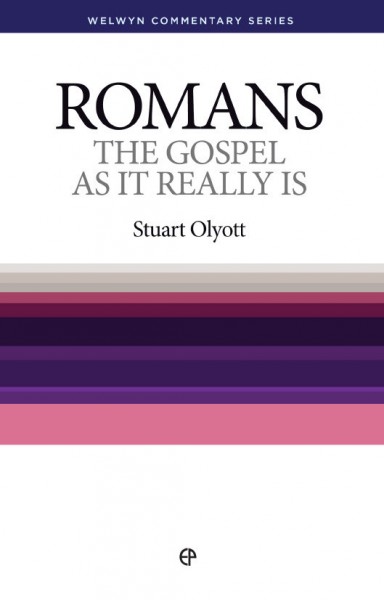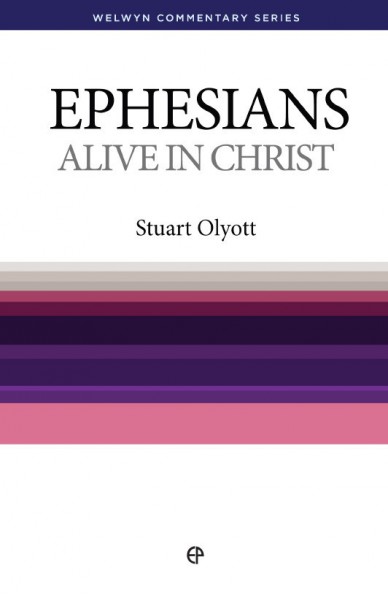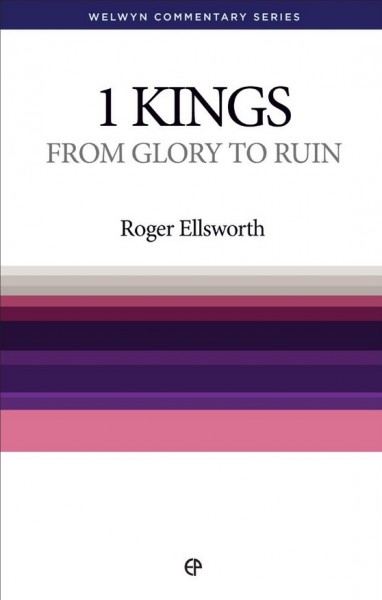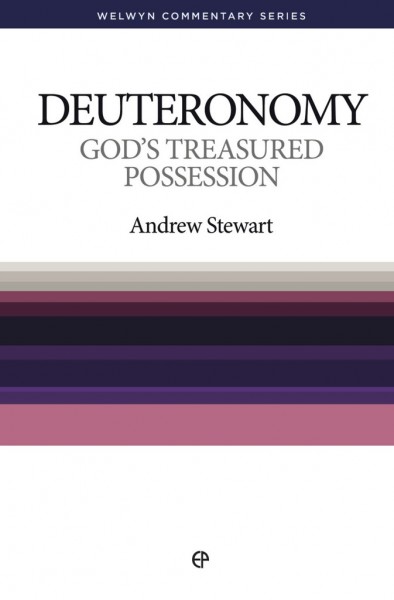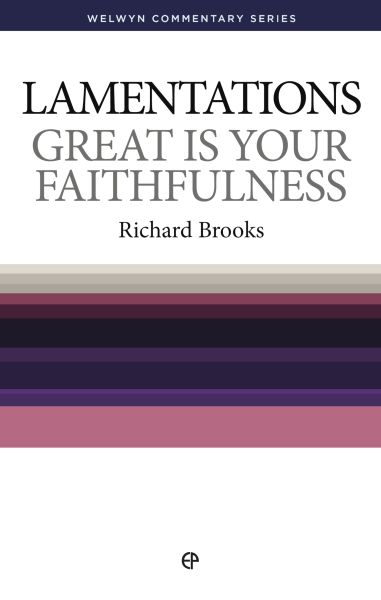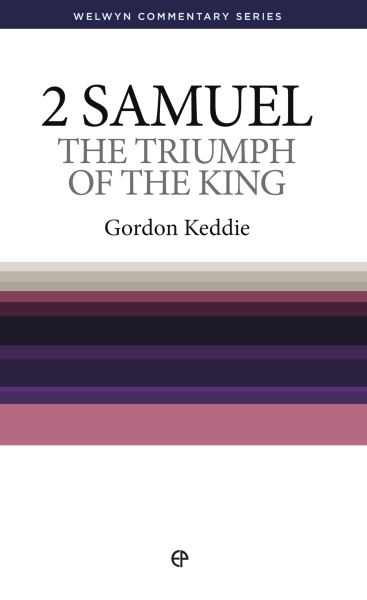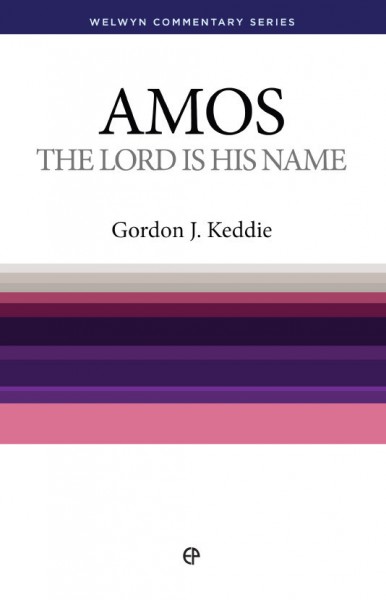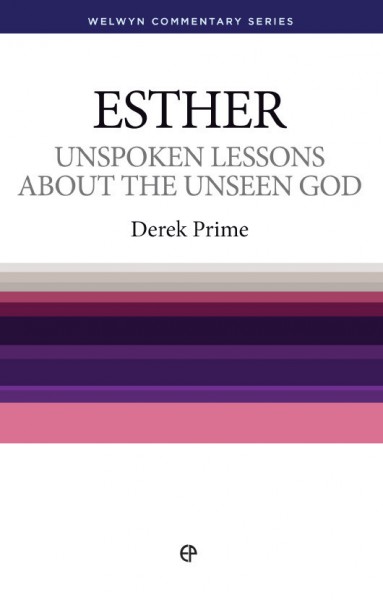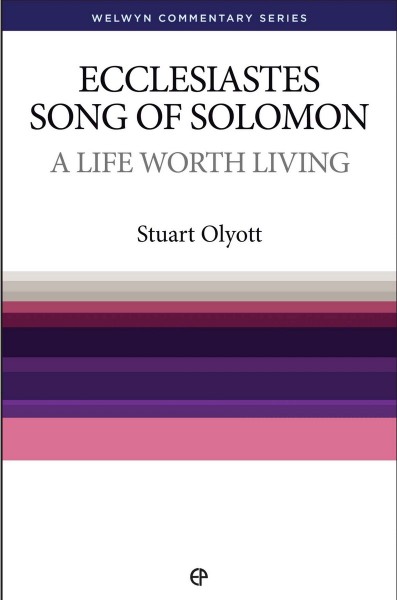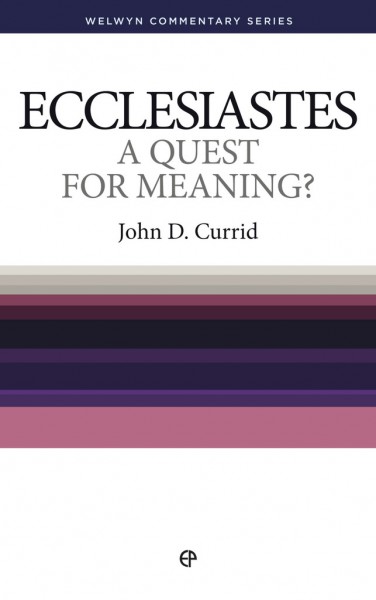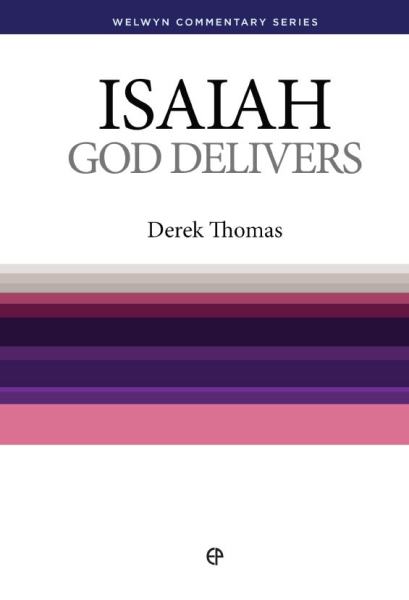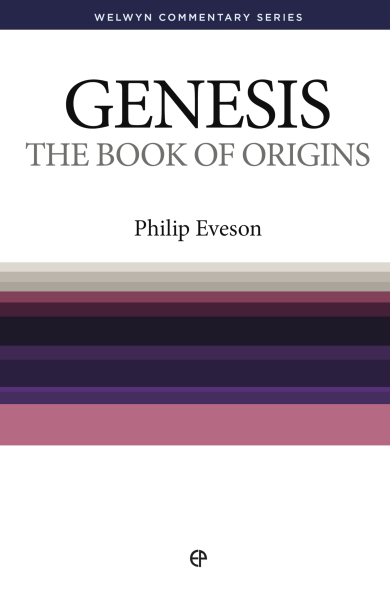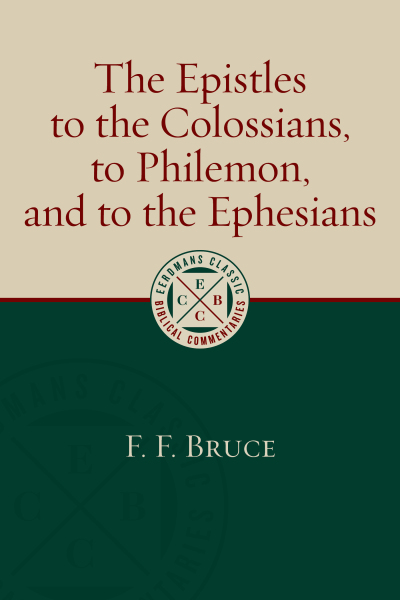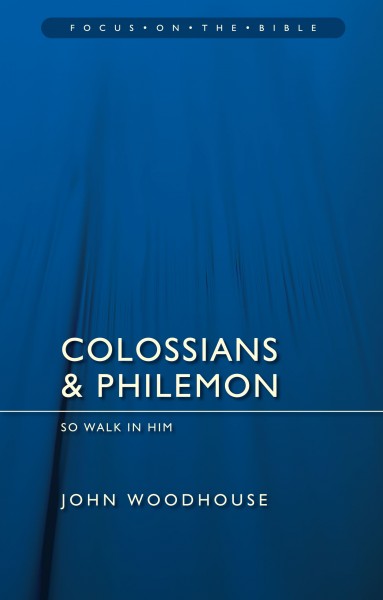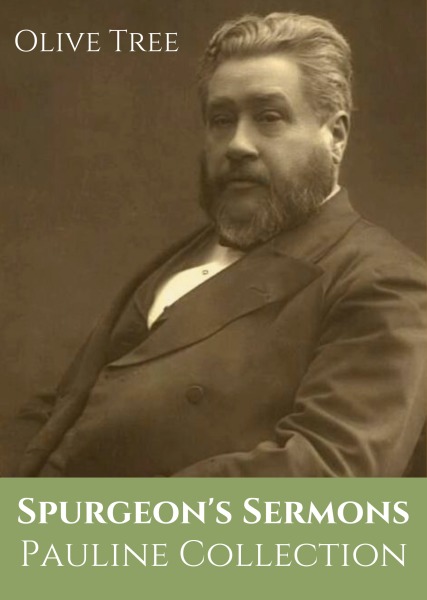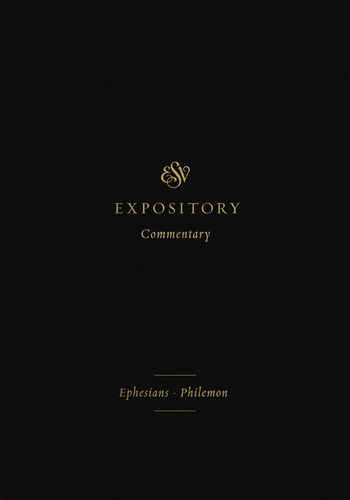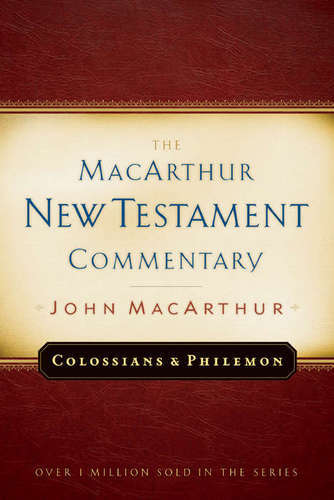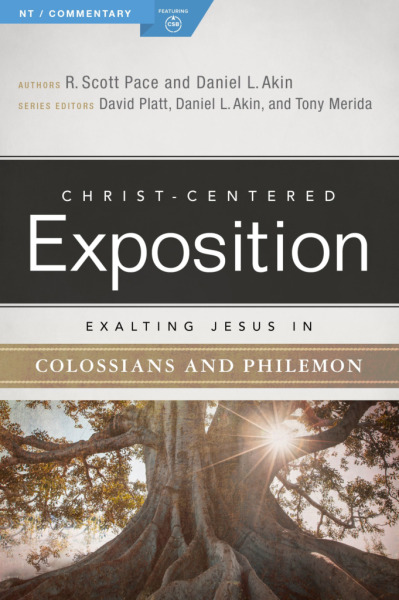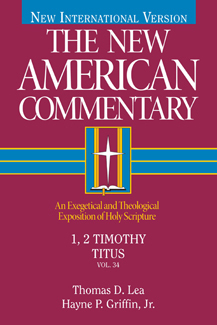

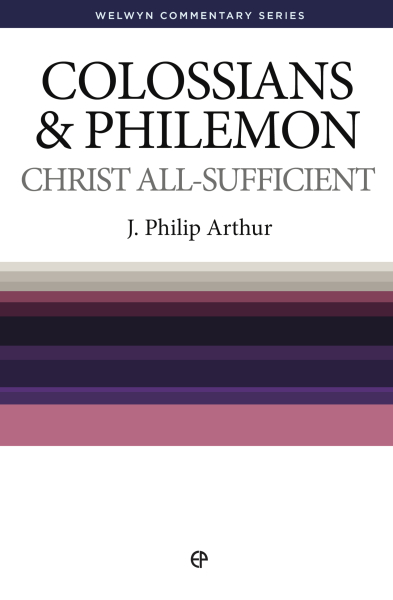

Phil Arthur reminds us that there was a problem with the church in Colosse, prompting Paul to write. It seemed there was a real danger that an impressionable young church might be dragged away from their devotion to Christ. Worryingly, as today, there were those who were influenced by false teaching. The letter to Philemon was personal - he was a member of the Colossian church. The theme here is simple: forgiveness. It is also vital as its lack between Christians brings God's cause into disrepute.
Paul, under house arrest in Rome, wrote these two letters which were both sent to Colosse at the same time and by the same messenger, a man named Tychicus.
Colossians is packed with good things. Not a word is wasted. The most important consequence of the new teachings the Colossians were hearing was that they would wean people away from Christ in subtle ways by making them preoccupied with other things in addition to him. In order to counter this emphasis, Paul wrote a letter that is full of Christ. Read it, and it will work wonders for your confidence. In a variety of ways it makes the point that Christ is magnificent, that nothing can compare with him, and if we have Jesus, we have enough.
The second letter, the epistle to Philemon, was addressed to one of the members of the church in Colosse and related to another person from the same town. It is a highly personal letter, written from one Christian to another, and it has a fascination all its own. Dealong with forgiveness, Christians are, by definition, a forgiven people, and forgiveness is an ongoing necessity in all our relationships.
Phil Arthur longs for the readers to understand Paul's mind better, grasping the fact that the fullness that we have in Christ is more sufficient for the church in any age.
